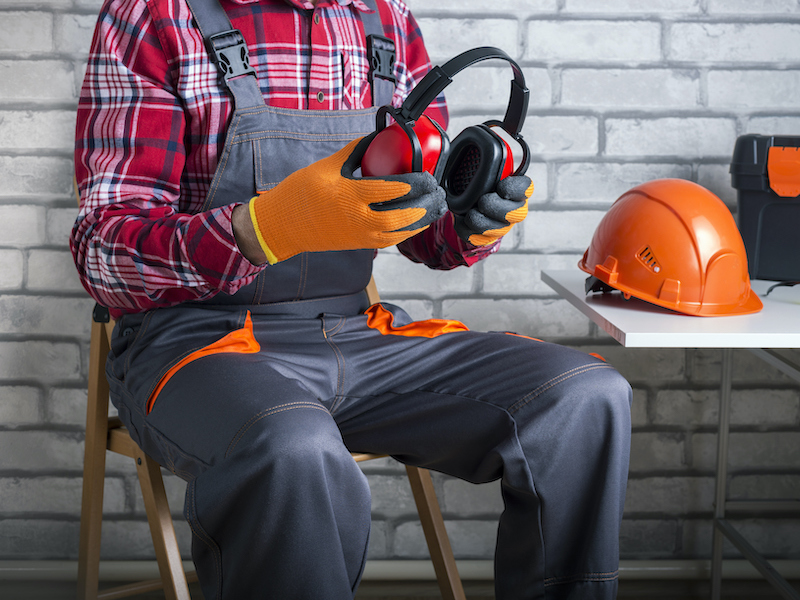
Your sense of hearing is crucial in your life and when it’s gone, there will be no natural way for it to return But curiously, the general public tends to neglect hearing loss. As a matter of fact, permanent hearing loss affects one out of eight individuals (nearly 30 million people) over the age of 12 in the United States alone.
Protecting your hearing from the beginning is the best and easiest way to prevent hearing loss, but if you currently have hearing loss you can recover much of your hearing with a hearing aid.
Safeguard your hearing with these five tips:
Don’t use earbuds
Earbuds are one of the biggest dangers to hearing health today since they’ve come packaged with mobile devices going back to the first MP3 players in the early 2000s. Nearly every smartphone on the market comes with a pair of these little devices that fit snugly in your ear and pump sound directly into your ear canal. Listening to a movie or music on your mobile device at maximum volume for just 15 minutes can cause permanent hearing loss. The better choice would be to get a pair of earmuff-style headphones that go over your ears, which is made even more effective if you can find a set that has noise-canceling technology. No matter what sound devices you use, you should stick to the 60/60 rule – keep the volume at 60% maximum and only use the devices for 60 minutes per day.
Lower the volume
Earbuds don’t generate the only sounds that can harm your hearing. Loud noises from a TV or radio can do as much harm if you consistently listen to them over a sustained period of time. Shooting ranges, concerts, construction zone, and other loud environments should be avoided. Avoiding these scenarios may only happen in a perfect world, particularly if you’re a construction worker or a musician. If that’s the situation, then you’ll want to pay attention to the next item on the list.
Utilize hearing protection
Hearing protection is crucial if you work in an environment or enjoy hobbies that expose you to loud noises. 85 decibels over a period of 15 minutes is enough to cause hearing loss. Compare that to the following:
- Jackhammers at a construction site generate 130 decibels, which could cause significant harm after a 40-hour workweek
- Over a one hour trip to the indoor shooting range, your ears are repeatedly subjected to gunfire that clocks in at over 150 decibels on average
- The majority of concerts are between 100 and 120 decibels with headliners commonly playing for about an hour and 20 minutes
The moral here is that you should invest in some kind of hearing protection such as earmuffs or earplugs if you take part in any of these activities.
Take auditory breaks
Sometimes giving your ears a break is the smartest thing you can do. If you participated in any of the activities listed above, you really should make certain to take some quiet time to yourself so your ears can rest and recuperate, even if you were using ear protection. So after you leave a concert, you most likely shouldn’t jump into your car and blast music.
Check your medicine
Your hearing may be substantially affected by the medication you use. There are some medications that have been proven to trigger hearing loss including some heart and cancer medications, aspirin, antibiotics, and anti-inflammatory medicine. The good news is that medication-related hearing loss is not common and is more likely if you use two or more of those medications at the same time making it easier to prevent.
Are you suffering from hearing loss and want to find new treatment? Contact us today to schedule a consultation.
Call Today to Set Up an Appointment
Resources
https://www.cdc.gov/nceh/hearing_loss/how_does_loud_noise_cause_hearing_loss.html
